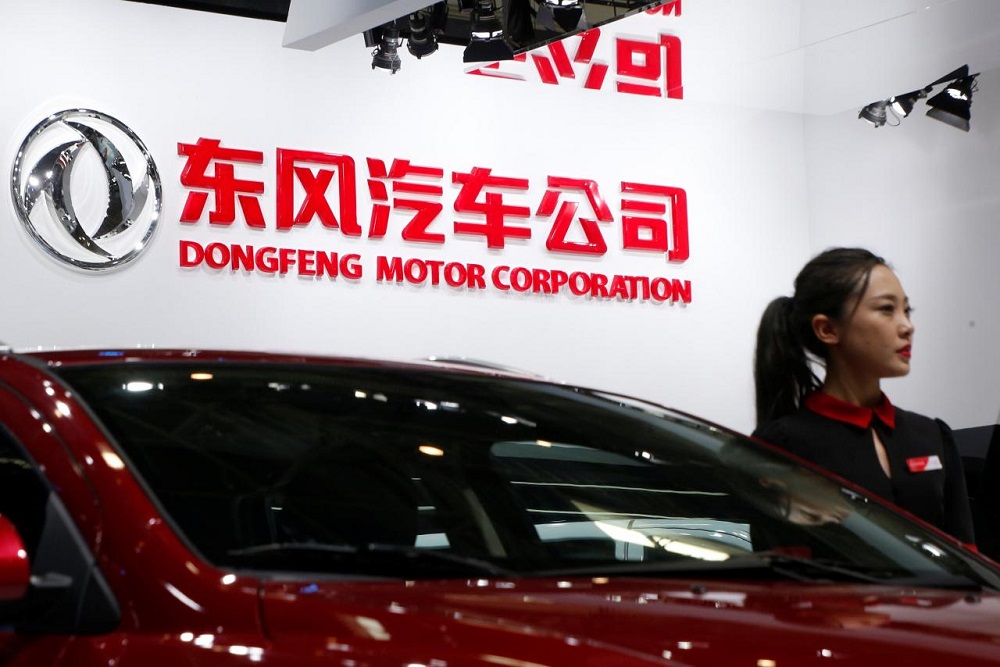Renault-Nissan announced on Tuesday that it will collaborate with China’s Dongfeng Motor to build electric cars in the world’s biggest auto market.
The new joint venture, called eGT New Energy Automotive Co, will be owned 25 percent each by Nissan and Renault with Dongfeng owning 50 percent, Nissan and Renault said in a statement on Tuesday.
The venture with Dongfeng Motor Corp. aims to develop a vehicle based on an SUV platform shared by Renault and Nissan, the companies announced Tuesday. Production is due to begin in 2019.
“The establishment of the new joint venture with Dongfeng confirms our common commitment to develop competitive electric vehicles for the Chinese market,” Carlos Ghosn, chairman and chief executive officer of the Renault-Nissan alliance, said in the statement.
The statement did not give details of financial commitments of the joint venture partners or say by when the vehicles will be launched. Dongfeng already partners Nissan in China.
Both Nissan and Renault already market electric cars. Nissan’s Leaf compact hatchback has become the world’s top-selling electric car since its launch in 2010, while Renault began selling its Zoe model in 2012.
China wants all-electric battery cars and plug-in hybrid vehicles to make up at least a fifth of the country’s auto sales by 2025, as part of its solution to tackle alarming pollution levels in major cities.
Renault SA and Nissan Motor Corp. have a wide-ranging alliance to share technology and production that also includes Mitsubishi Motors Corp. and has more limited ties with other auto brands.
Dongfeng assembles vehicles for Nissan, Kia and other foreign brands and owns a share of France’s PSA Peugeot Citroen.
The game changer for global automakers, many of whom until recently have resisted an industry shift to heavily electrified vehicles, is China – an auto market with strong potential for growth where stringent policies favoring cleaner energy cars are being aggressively pursued.
Under China’s latest proposals, electric vehicle sales quotas, which are expected to take effect as early as 2018, are due to require 8 percent of automakers’ sales to be battery electric or plug-in hybrid vehicles by next year, rising to 10 percent in 2019 and 12 percent in 2020.
China will present its final plans for electric and hybrid car quotas in the coming days, German newspaper Frankfurter Allgemeine Zeitung (FAZ) reported, adding that penalties for non-compliance are due to be softened.
Ford Motor Co announced earlier this month it was exploring setting up a joint venture with car maker Anhui Zotye Automobile Co to build electric vehicles in China under a new brand.
Tesla, Daimler AG, General Motors Co. and other brands also have announced plans to manufacture electric vehicles in China.
